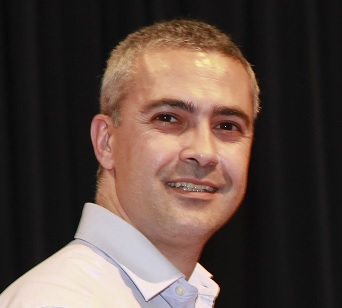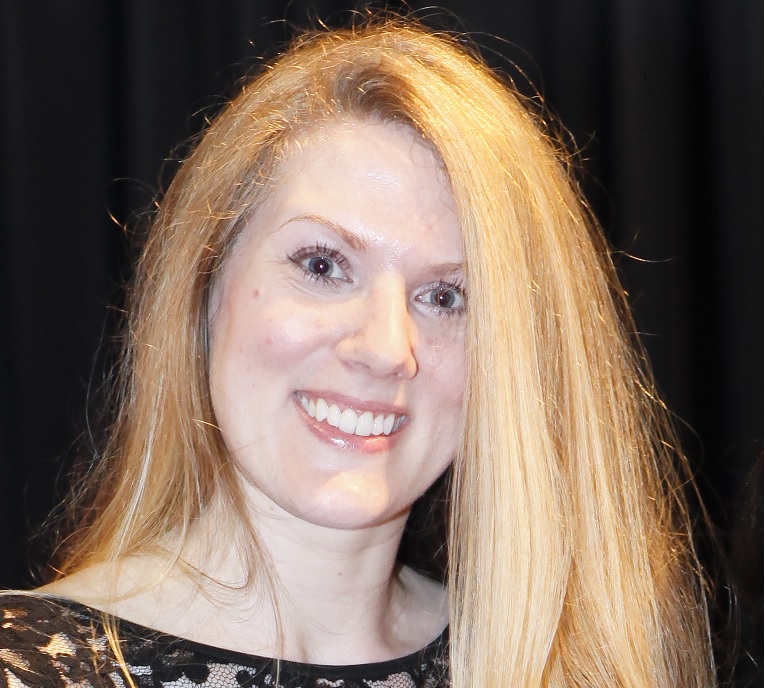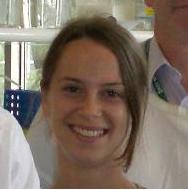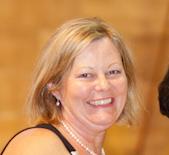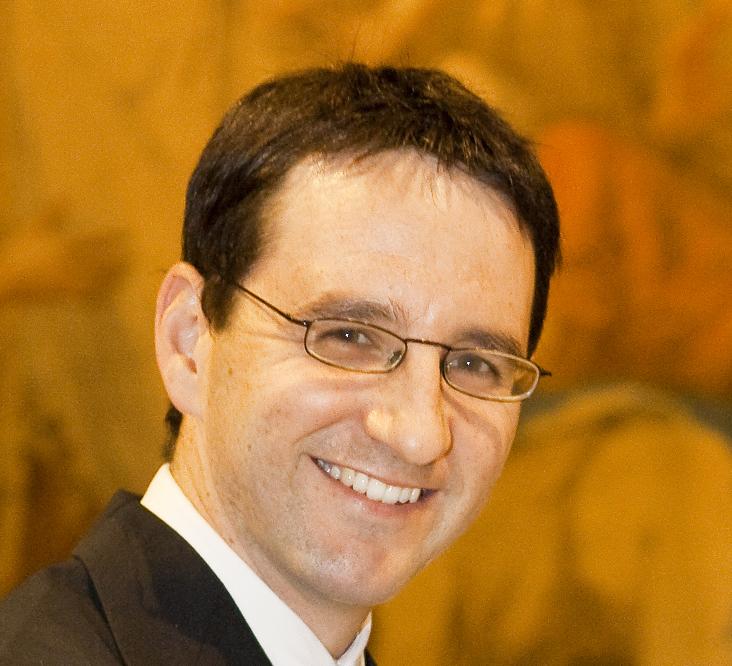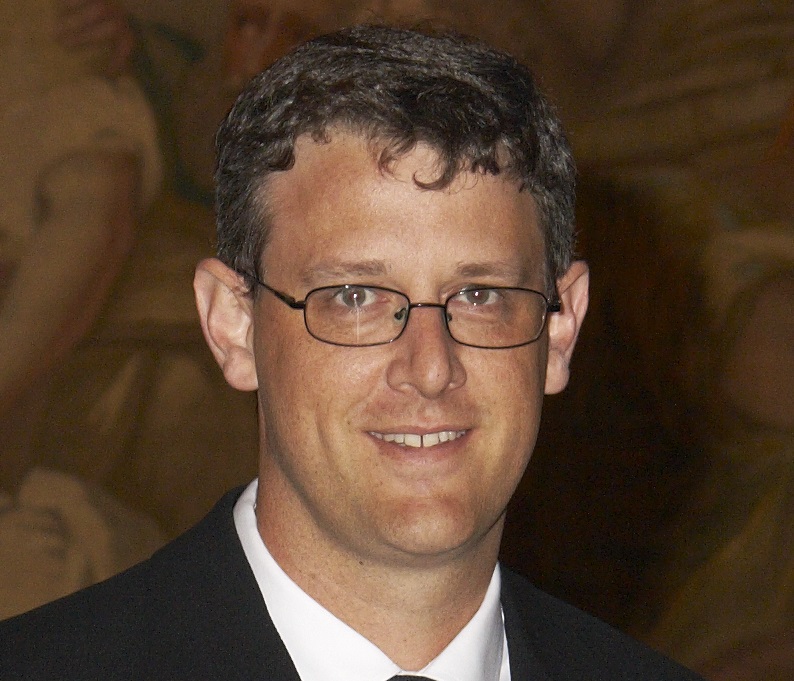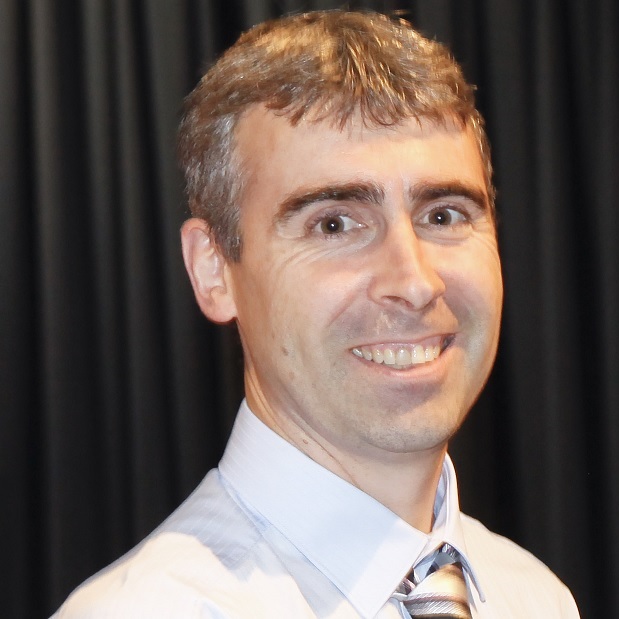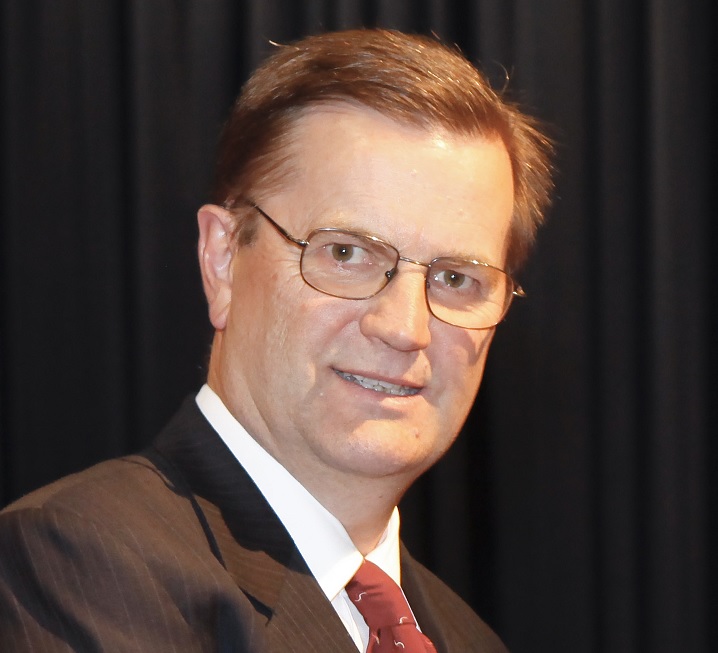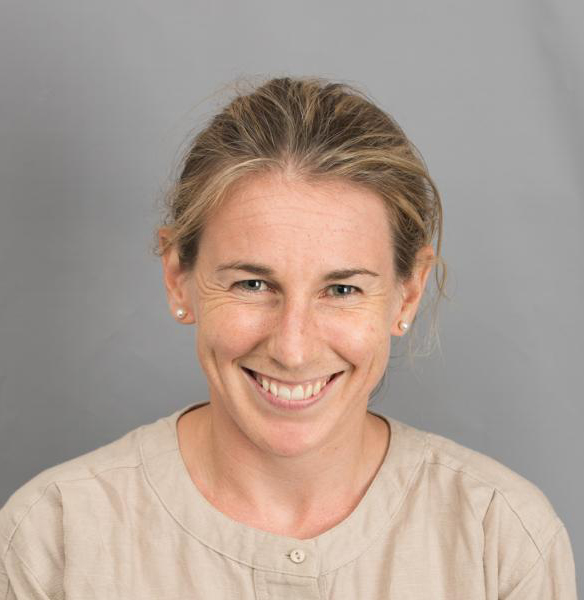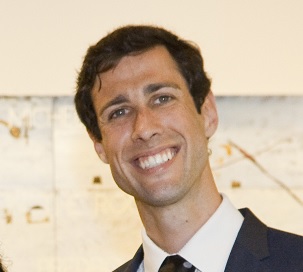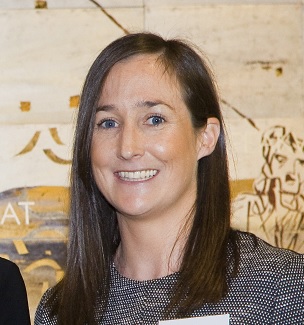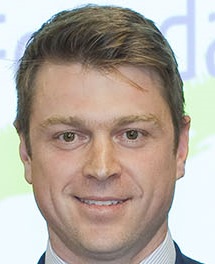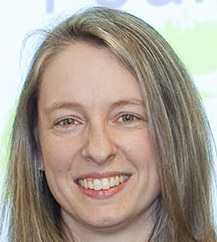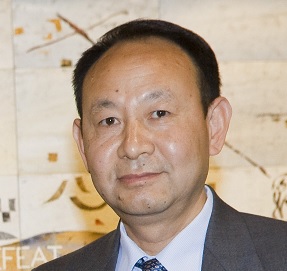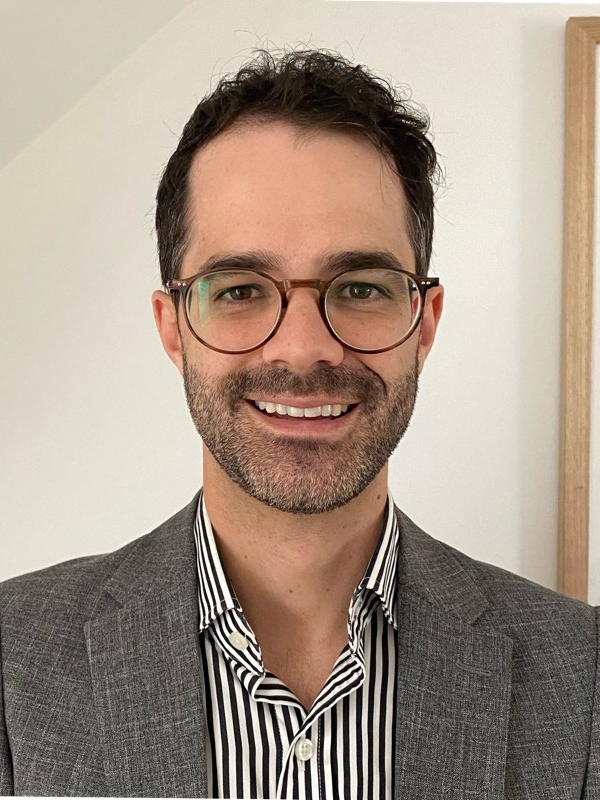
Search
20 Jan Neurodegenerative Diseases
...Furthermore, a recent study of community dwelling older adults at one time point described an association between self-reported shorter sleep duration and poorer sleep quality and greater brain amyloid levels...11 Dec Huntington’s Disease
...Middle Ages. Also known as Huntington’s chorea. Chorea is derived from the Greek word for dance and describes uncontrolled body movement. HD is an inherited disease of the brain that...11 Feb Neurodegenerative Diseases Award
Project Summary: Prion diseases are a group of degenerative brain diseases affecting both humans and animals. The disease can be hereditary, with human examples including Gerstmann-Sträussler-Scheinker syndrome, fatal familial insomnia,...16 Apr Regular Giving
Why regular giving is so important People who give regularly to the Brain Foundation provide ongoing support for vital research. Regular monthly donations help us confidently plan ahead and contribute...15 Jan Dystonia Award
...a therapeutic approach for the rehabilitation of movement disorders. Noninvasive brain stimulation has the potential for translation into clinical the clinical setting however, further systematic investigation is required to understand...20 Jan Neuro-trauma Award
PROJECT SUMMARY: Traumatic brain injury is a major health care burden world-wide. Approximately 108-332 case of head injury per 100,000 population are admitted to hospital each year. Of those with...14 Jan Parkinson’s Disease Award
PROJECT SUMMARY: Deep Brain Stimulation of the subthalamic region is an effective treatment for advanced Parkinson’s Disease but the exact best part of this area to stimulate is uncertain. Our...20 Jan Neurodegenerative Diseases
...neurodegenerative disorders. Thus, something must be going wrong with α-synuclein, but it has been difficult to determine its role in PD because aspects of its normal function in nerve cells...20 Jan Neurodegenerative Diseases
...processes in the brain, but the best available techniques are labour intensive and require highly skilled technicians to manually trace target brain structures using the operator’s expert knowledge of neuroanatomy....27 Jan Parkinson’s Disease Award
...testing paradigm accurately reflect FOG behaviour recorded in patients in their home environment, we will be able to utilise this paradigm in future functional brain scanning experiments. The results of...10 Feb Migraine Award
...eye – parasympathetic neurons in the sphenopalatine ganglion. In terms of the project currently funded by the Brain Foundation, we plan to further investigate the connectivity and control of these...11 Feb Spinal Cord Research Award
Spinal Cord Research Award funded by Marjorie Grace Lawn Estate Hydrocephalus and the role of brain water channels. Dr Brian Owler Neurosurgeon Children’s Hospital at Westmead, Discipline of Paediatrics and...11 Feb Neuro-trauma Award
Neuro-trauma Award funded by Robert W Harvey, Allen & Patricia Ellen Coulson Estate Neck artery trauma and microclots to the brain. Associate Professor Richard Gerraty Alfred Hospital, Monash University Co-Investigators:...09 Dec ALZHEIMER’S AND OTHER NEURO DEGENERATIVE DISEASES
...diagnosis, disease monitoring, and assessment of response to therapeutic treatment – none of which currently exist for ALS patients. RESEARCH OUTCOME: Thanks to initial funding support from the Brain Foundation,...30 Nov Neurodegenerative Diseases
PROJECT SUMMARY: One of the main pathological hallmarks of Alzheimer’s disease (AD) and other neurodegenerative diseases called tauopathies is the presence of large protein tangles within brain cells called neurons....31 Oct Higher Cortical Function
...Synaesthesia is intrinsically linked to neural hyperconnectivity and developmental neural plasticity this study may hold benefits in other areas of rehabilitation, for example stroke recovery and brain training. Progress Report...31 Oct Neuro-Trauma
...harness the brains capacity for plasticity to optimise functional outcome. The use of music therapy as a non-invasive intervention to improve recovery of movement following neurological injury is gaining momentum....02 Sep Contact Us
...2 9437 5967 PO Box 601 Chatswood NSW 2057 Suite 306, Level 3 815 Pacific Highway Chatswood, NSW 2067 Become a member of the Brain Foundation – read more....08 Dec ELIZABETH PENFOLD SIMPSON AWARD
PROJECT ABSTRACT: Transcranial direct current stimulation (tDCS) is a noninvasive brain stimulation technique that has potential for clinical utility in neurorehabilitation. However, recent evidence indicates that the responses to tDCS...09 Dec EPILEPSY
...a significant health burden on patients who suffer traumatic brain injury (TBI), which is observable and may be preventable. PTE is often treatment resistant, and associated with significant morbidity and...09 Dec EPILEPSY
...of the funding provided by the Brain Foundation. PROJECT SUMMARY: Epilepsy affects more than 250,000 Australians, with many of these being refractory to conventional therapies. This is a very costly...09 Dec CEREBRAL DISEASES
Watch Dr Marcus Stoodley accept the research grant award on behalf of Zhenjun Zhao and hear a bit about the project. PROJECT SUMMARY: Brain arteriovenous malformations (AVMs) are abnormalities of...12 Oct Movement Disorders incl. Parkinson’s & related diseases, Dystonia, Hunting
Watch Dr Joel Maamary accept the research grant award and hear a bit about the project. Project Summary: Dystonias are a group of movement disorders that are characterised by sustained...10 Dec In Memoriam
Thank you for thinking of making a donation to the Brain Foundation in honour or in memory of your loved one. Please complete a Memorial Tribute Form and mail/email to...
 The Brain Foundation is the largest, independent funder of brain and spinal injury research in Australia. We believe research is the pathway to recovery.
The Brain Foundation is the largest, independent funder of brain and spinal injury research in Australia. We believe research is the pathway to recovery.PLEASE HELP US BY DONATING TO OUR RESEARCH PROGRAM.
